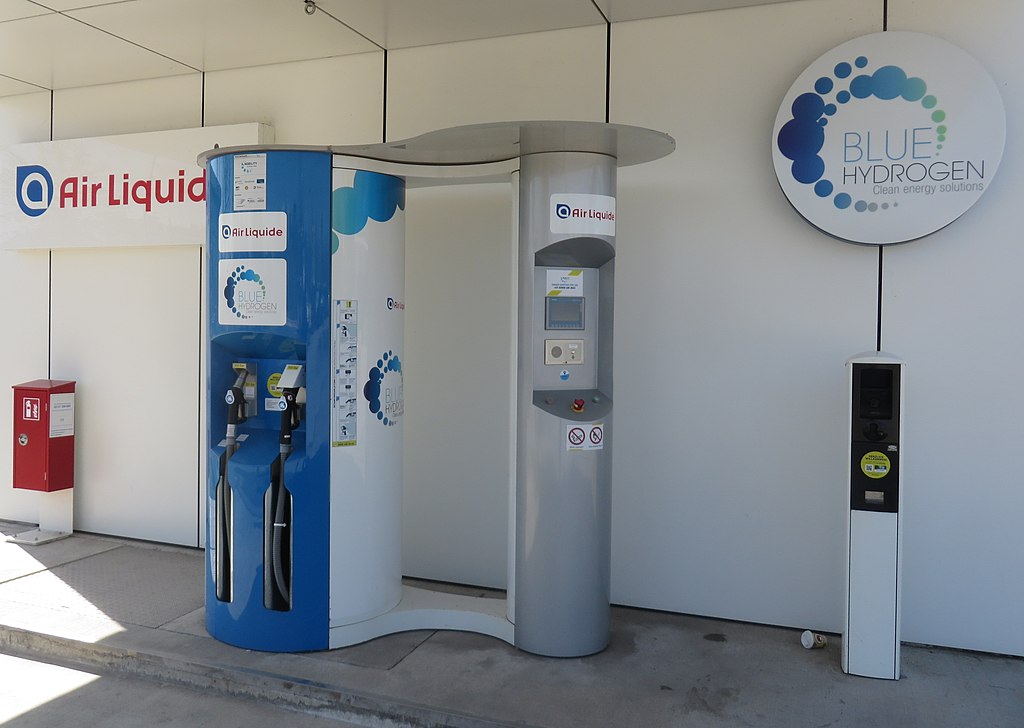When it comes to climate protection and the associated reduction of CO₂, the discussion repeatedly turns to the use of green hydrogen. The idea is to use it to replace natural gas, to drive cars and to produce steel. Countless companies are working on methods for hydrogen production, its transport and subsequent use. Now, however, a new study by the British government shows that hydrogen is significantly more harmful to the climate than CO₂.
Study shows: hydrogen is also harmful to the climate
There is a gold-rush atmosphere among many companies that have specialized in some way in the topic of hydrogen to reduce CO₂ emissions. However, the new study now shows that pure H₂ is significantly more harmful to the environment than CO₂ when it enters the atmosphere directly. This is because H₂ has a much more dramatic effect on global warming than CO₂. In all previous applications, it is quite normal for hydrogen to escape into the atmosphere.

Image: L.Willms, CC BY-SA 3.0, via Wikimedia Commons
H₂ prevents methane from binding in the atmosphere
According to the study published by the British government, H₂ is driving global warming eleven times faster than the same amount of CO₂. The study also provides an explanation. In the atmosphere, H₂ reacts with hydroxyl radicals to form a very stable compound. But these hydroxyl radicals in the atmosphere are extremely important for binding methane. Methane gases are up to 80 times more harmful than CO₂. With the reaction with the hydroxyl radicals, the environmentally harmful effect of methane is drastically reduced. However, when the hydroxyl radicals react with H₂, methane remains in its harmful form in the atmosphere. As a result, methane drives global warming even faster.
Up to 10 percent escapes into the atmosphere
To this end, hydrogen influences both the ozone concentration in the troposphere and the water vapor concentration in the stratosphere. Both have a negative effect on the temperature rise on earth. During production and use, up to 10 percent escapes into the atmosphere, according to the study. The escape of H₂ is technically difficult to avoid. Liquid hydrogen is cooled to minus 253 °C. At a higher temperature, hydrogen evaporates, creating high pressures in the corresponding containers. Hydrogen must therefore be blown off to prevent bursting. These so-called boil-off losses can amount to up to 10 percent of the tank content in a hydrogen car.
